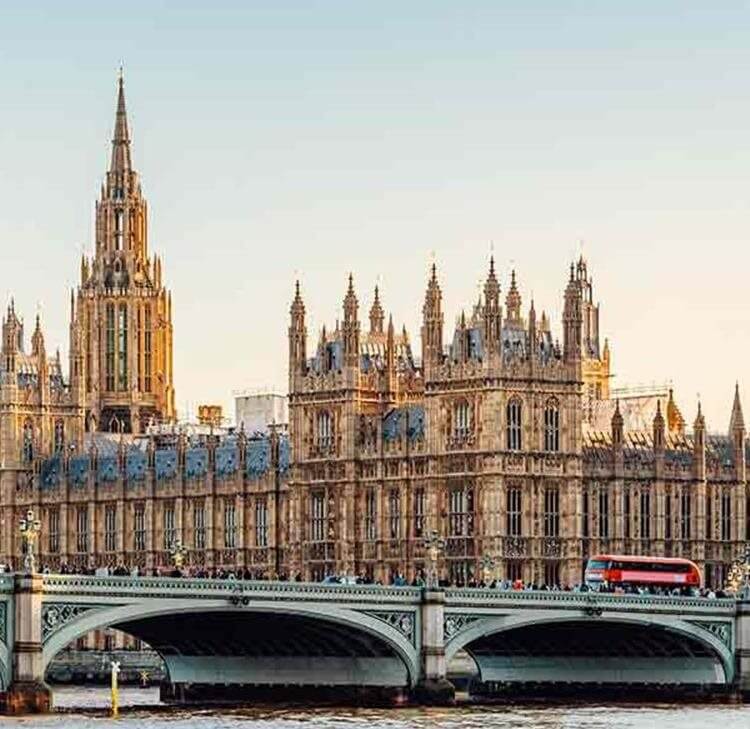With the provisions of the Procurement Act 2023 ('Act') set to come into force in October 2024, there are a number of changes to procurement rules relating to sub-contracting that public bodies in the United Kingdom must be aware of. In this article, we outline the key changes and the new requirements public bodies must follow to comply with the new Act.
The change of emphasis in the Act is aimed at ensuring the robustness of the supply chain. The Act wants to leave less to chance by way of setting more emphasis on the importance of testing the capability and reliability of sub-contractors and ensuring that there are strong contractual obligations on sub-contractors.
Debarment and excluded/excludable suppliers
The first key change to note is that, under section 28 of the Act, public bodies going through the competitive tendering procedure are now obliged to request information about whether suppliers intend to sub-contract the performance of all or part of the public contract and then determine whether the proposed sub-contractor is on the new debarment list (learn more about the debarment list in our article here). If a sub-contractor is on the debarment list, they cannot be awarded a public contract.
Procuring public bodies may also request information on sub-contractors for the purpose of determining whether any intended sub-contractor is an excluded or excludable supplier. If they are, the procuring public body must exclude the sub-contractor from participating in, or progressing as part of, the competitive tendering process. However, public bodies must note that if they do exclude the supplier from the process, they must notify the supplier of their intention to do this and give the supplier a reasonable opportunity to find an alternative sub-contractor with which to sub-contract.
In addition, under section 30, providing a lack of information about a sub-contractor may also lead to a supplier being excluded from a tender process.
Legally binding arrangements between suppliers and sub-contractors
Under section 72 of the Act, a procuring public body has the right to direct the supplier to enter into a legally binding arrangement with the sub-contractor that is performing all or part of the contract. While this is a discretionary right, requiring a contract to be entered into with a sub-contractor can help to ensure that both parties understand their respective roles and responsibilities, as well as the terms and conditions of the work to be performed. This can help to prevent misunderstandings or disputes from arising later that will adversely impact the procuring public body and provision of the goods and/or services being procured.
In a scenario where the supplier fails or refuses to enter into a legally binding arrangement with the sub-contractor as requested by the procuring public body, the public body has two options: it can choose not to enter into the contract with the supplier or can instead direct the supplier to enter into a legally binding arrangement with another appropriate sub-contractor. If the contract with the supplier has already been entered into, the procuring public body can terminate the contract.
Non-UK and treaty state sub-contractors
Under section 19(3) of the Act, public bodies who are informed by suppliers of the possibility or intention to sub-contract to a party that is not based in the United Kingdom or a treaty state can disregard any tender submitted by that supplier. This is at each public body’s discretion though – they are not obliged to do so and can choose to proceed with the tender should they so wish.
Implied payment terms
Section 73 of the Act requires public bodies to comply with the implied payment terms that are set out under section 68 of the Act. This means that unless a public body disputes an invoice or considers an invoice invalid, they must pay any sums due under the contract before the end of the period of 30 days beginning with either (a) the day on which an invoice is received, or (b) if later, the day on which the payment falls due in accordance with the invoice. In a scenario where the public body disputes the invoice or considers it invalid, it must notify the payee of this without undue delay. Any contractual term that attempts to restrict or override this implied term under section 68 will be without effect.
It is important for public bodies to get to grips with what changes there are and adapt their processes accordingly, mainly to ensure that there are the resources in place to assess sub-contractors and review the proposed arrangements as part of tender evaluation.
If you have any questions on sub-contracting ahead of the Act coming into force in October 2024, and what you need to do to comply with the Act, please contact Tim Williams at Browne Jacobson, and they can support you.










































